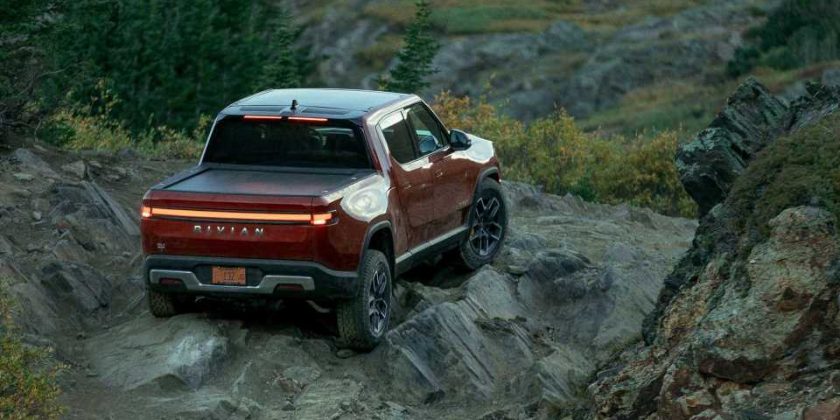Check out some of this week’s top EV headlines below or get the full scoop here. At the very least, you’ll be the smartest person at the water cooler when it comes to major headlines in the industry and at best, you’ll win one of our free prizes!
Bio: John is the COO at EPG, a company focused on helping electric and autonomous vehicle companies hire the best talent. In addition to these services, EPG puts out an informative weekly newsletter that is cleverly titled Electric and Autonomous Weekly. You can sign up for the newsletter here.
Which EV for under $50k?
Last week was my dream EV and this week I’ll come back down to earth. If I had a budget of up to $50,000, how would I pick an EV? My main targets are going to be range, heated seats (come on, it’s almost winter), drive type, adaptive cruise control, warranty, and incentives. I put together the below list to narrow down my search based on these items and went out searching locally.
For this more price-conscious level, the biggest thing is getting incentives. As of today, Tesla and Chevy are out of federal tax credits. This rules out the Model 3 and Bolt EUV. I preferably would have AWD for hitting the slopes this season, but there aren’t many options in this price range.
My next best option is FWD and some winter tires so that rules out the RWD VW ID.4. That leaves the Hyundai Kona, Kia Niro, and the Nissan Leaf. The Kona and the Niro have a better warranty and that leaves out the Leaf. The Kona and Niro are pretty similar on paper, but I’m going to save a little bit of money and go with the Niro. Plus, it can do a burnout (this is not recommended). Hopefully, this helps you if you are in the market for a more budget-friendly EV. Happy hunting.
Honda’s Not Happy
Congress is still working on passing the “Build Back Better Act.” The long-awaited bill includes a restructured federal tax credit for EVs of up to $12,500. The keyword part of this is “up to.” There will be a $7,500 federal tax credit for all manufacturers, but the additional $4,500 will only be available for EV’s that are made by union workers, and the remaining $500 to manufacturers who use batteries made in the US. Basically, the $4,500 will only be available for GM, Ford, and Chrysler EVs, and Honda is not happy about this.
In the piece written by Rick Schostek, the EVP of American Honda Motor Co., he argues that this gives an unfair advantage to the Big 3. This will negatively impact non-union manufacturers, which negatively impact the employees of these companies as well as customers down the line. The EVP states that if the goal is truly environmental sustainability, this move would be contradictory, and the policy needs to be inclusive of all manufacturers regardless of the status of its workers. What do you think? Leave a comment below.
Made in China
Last week, we talked about how most American EVs sell better in China than China’s own EV companies. In October, Tesla’s overall sales hit almost record levels in China. According to the China Passenger Car Association, the total volume (sales and export) increased 348% year over year to 54,391 units. September’s sales were slightly above October’s sales.
In China, the only EV company to surpass Tesla’s sales was BYD, with over 80,000 sales and exports. Year-to-date, Tesla has sold around 218,000 electric cars in China. A majority of those cars were exported, with a total of 40,666 units. This data proves a new all-time monthly record. In the next couple of months, we recommend watching out for November’s focus on exports. However, in December, Tesla is expected to increase local delivery numbers.
Want these stories and more directly in your inbox every Thursday? Sign up now! And did we mention free prizes?!
Source: Read Full Article




